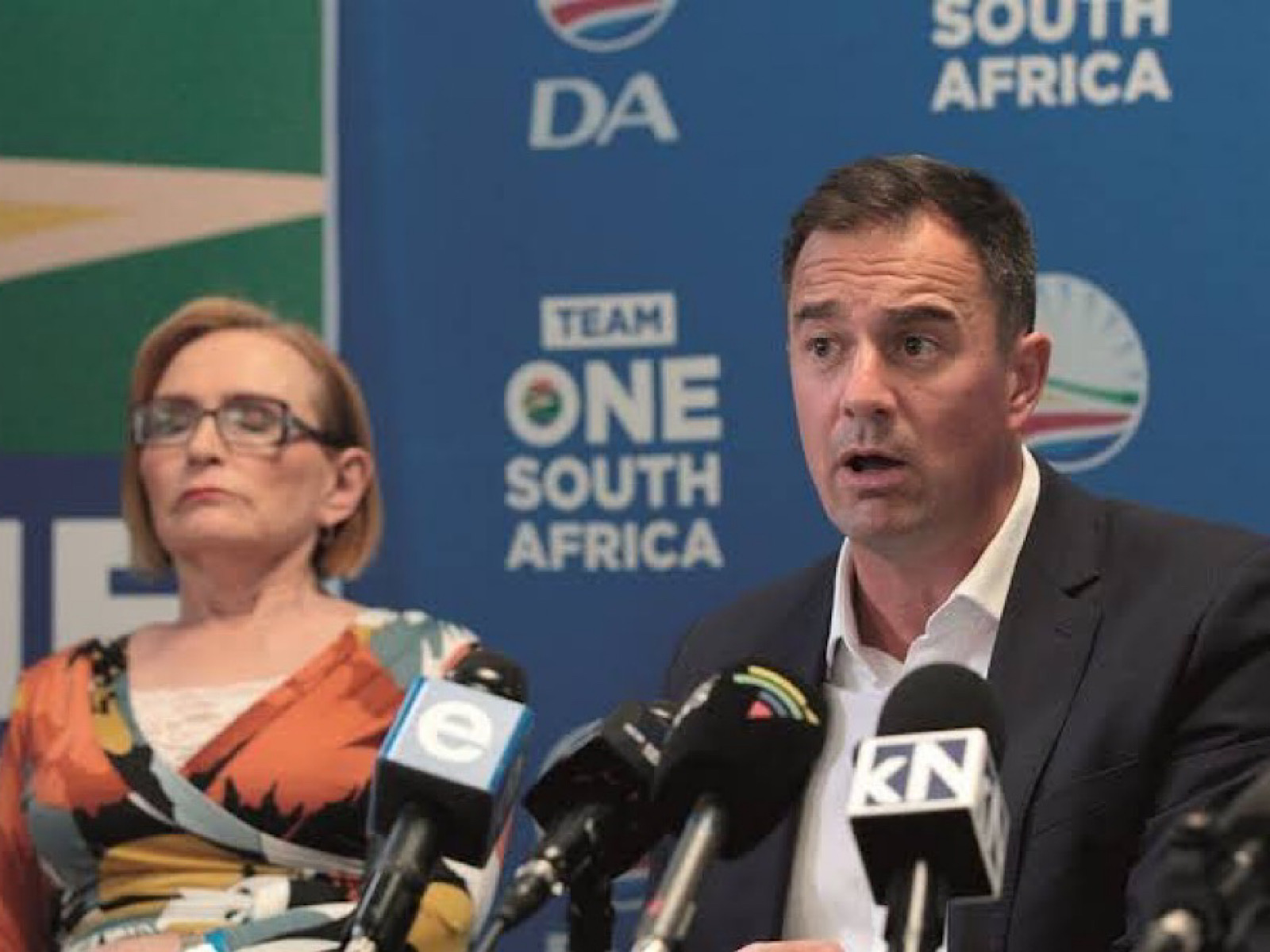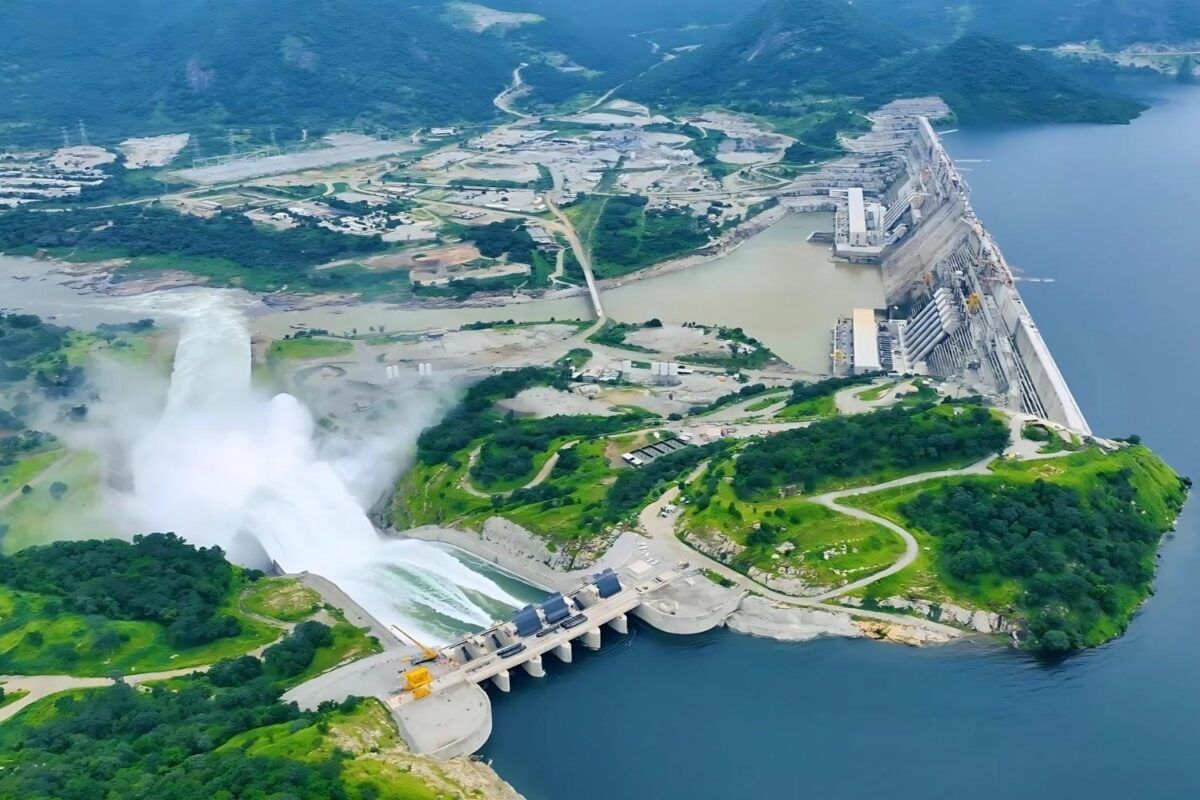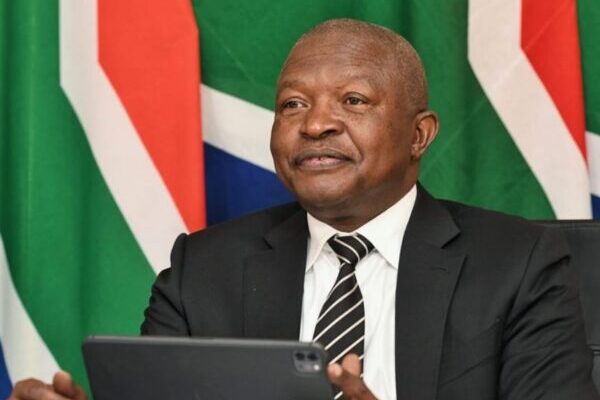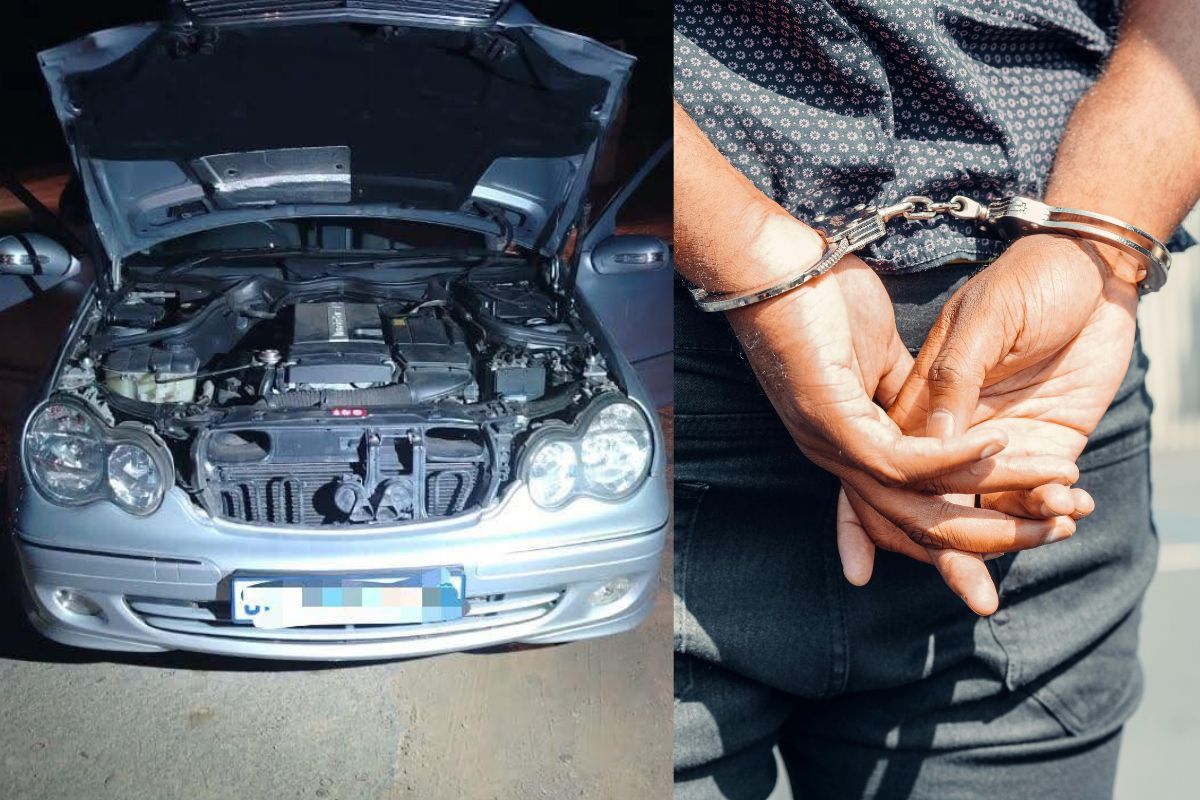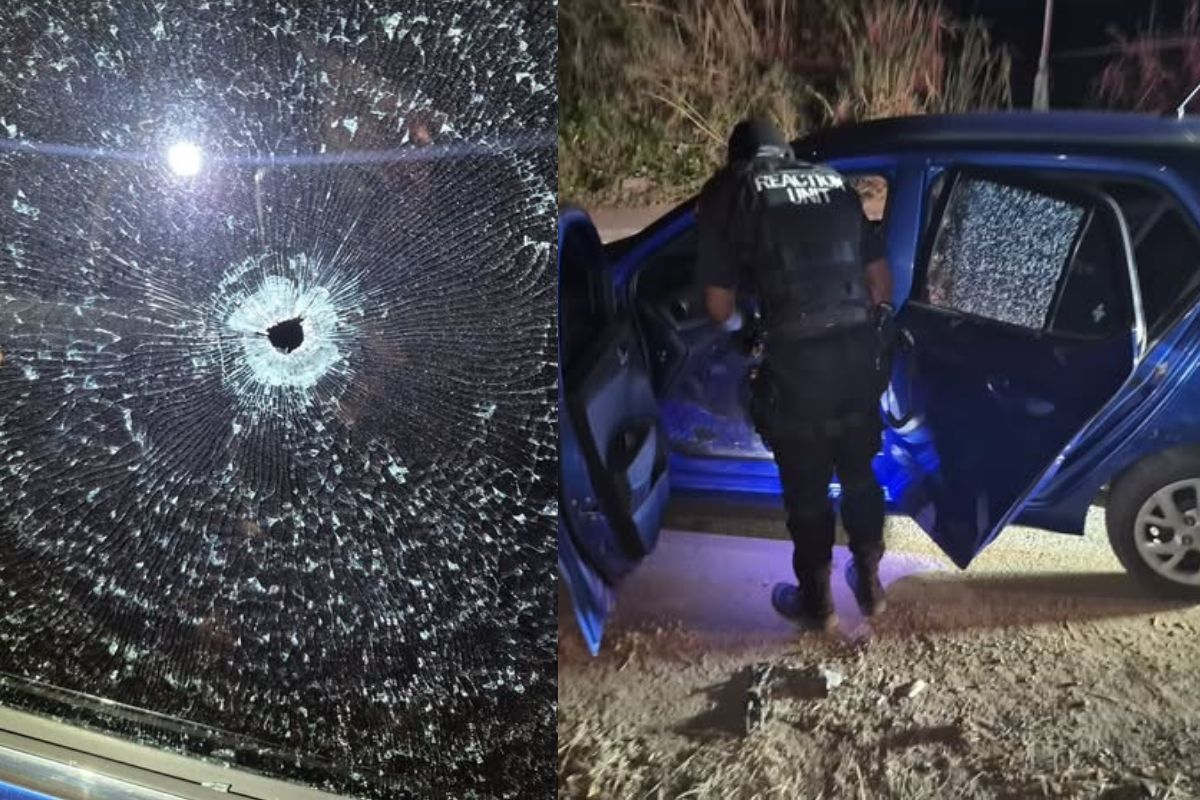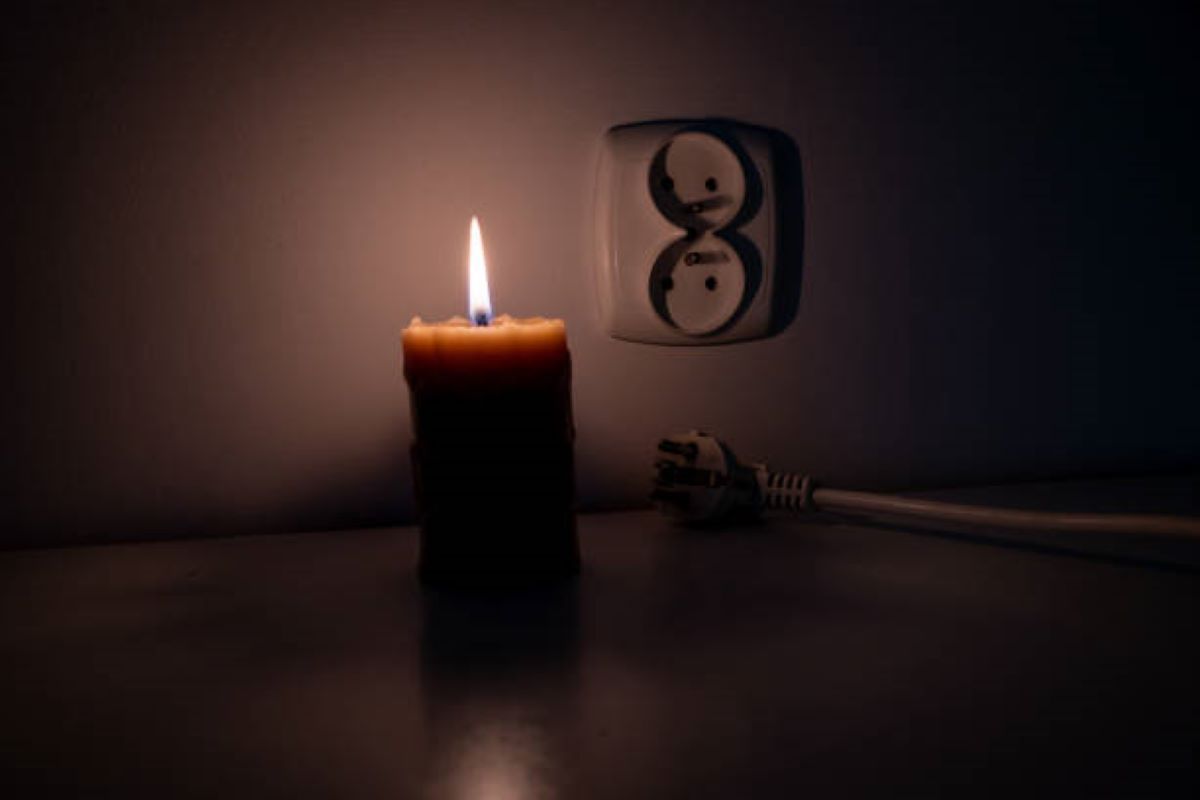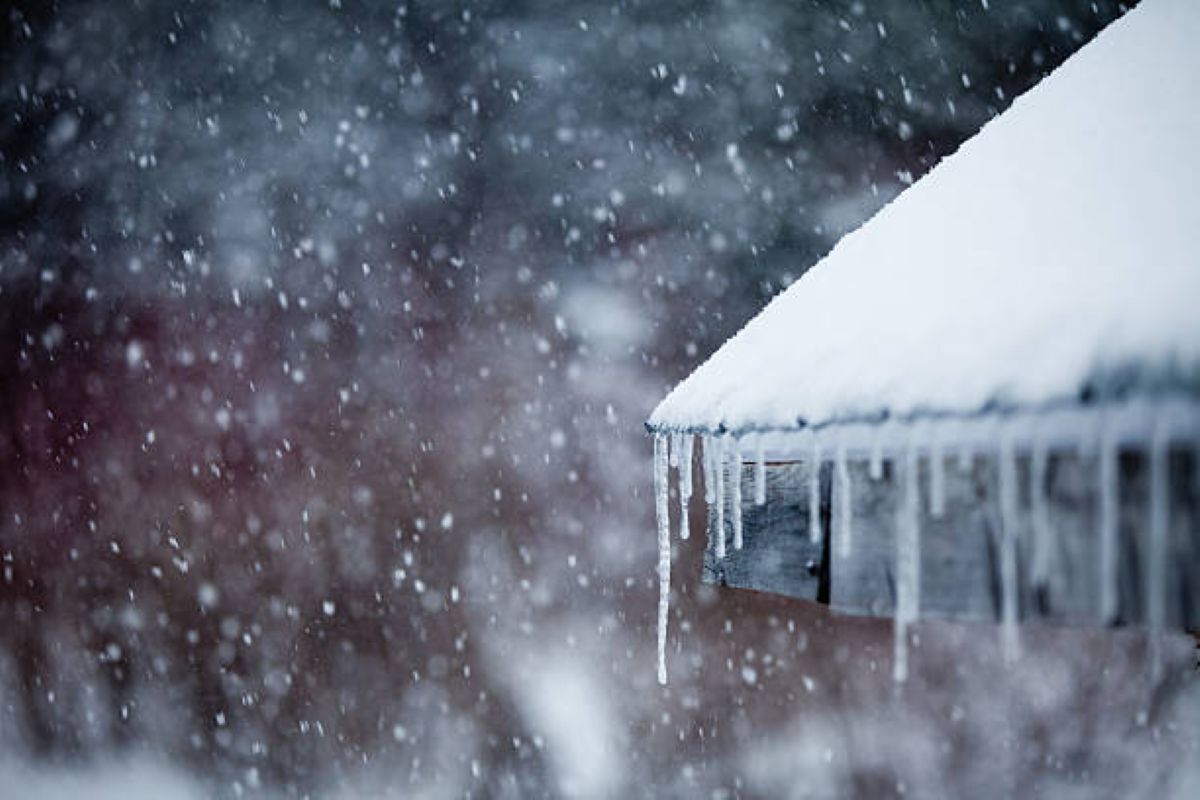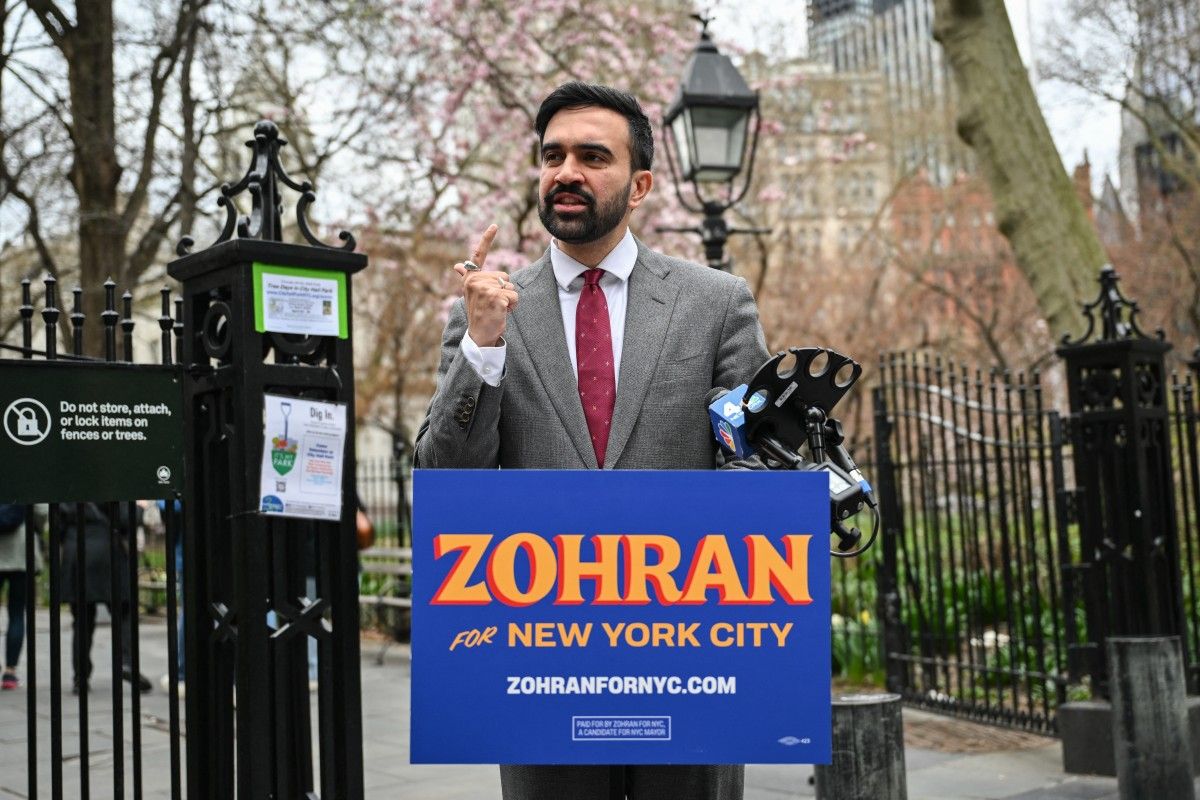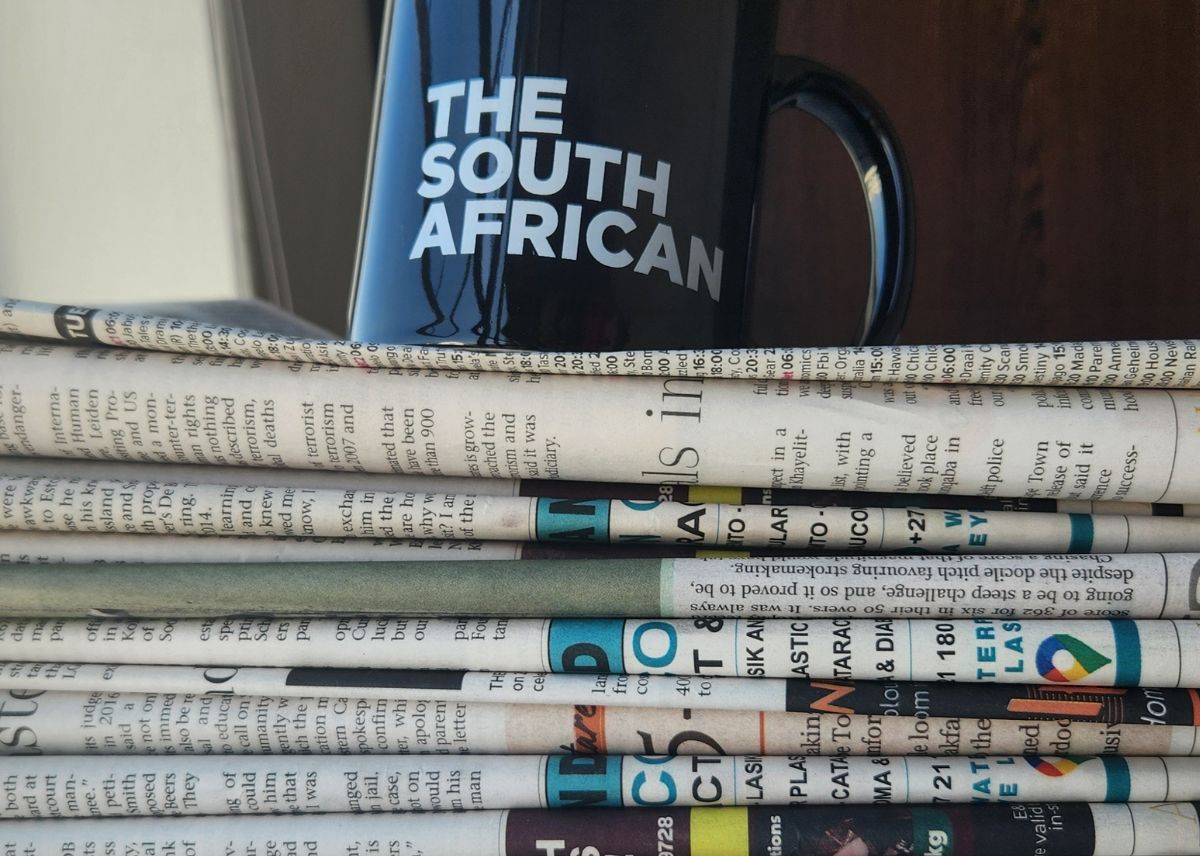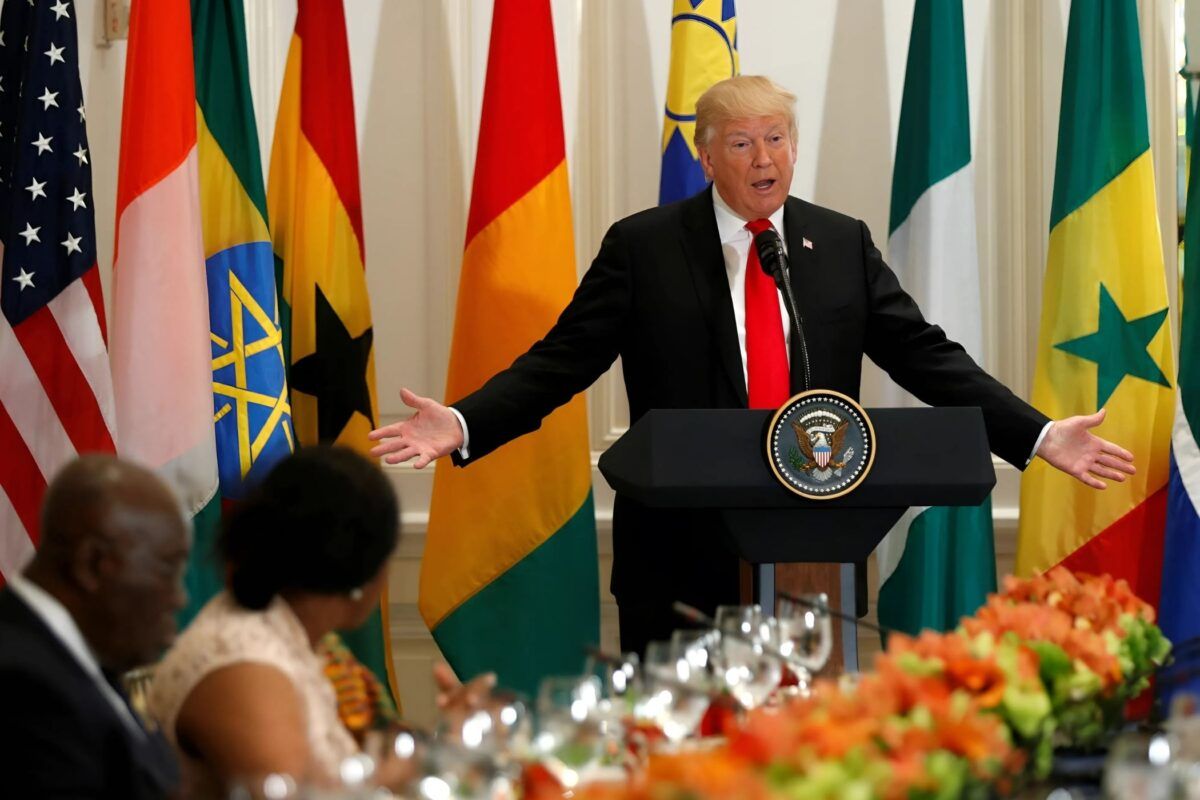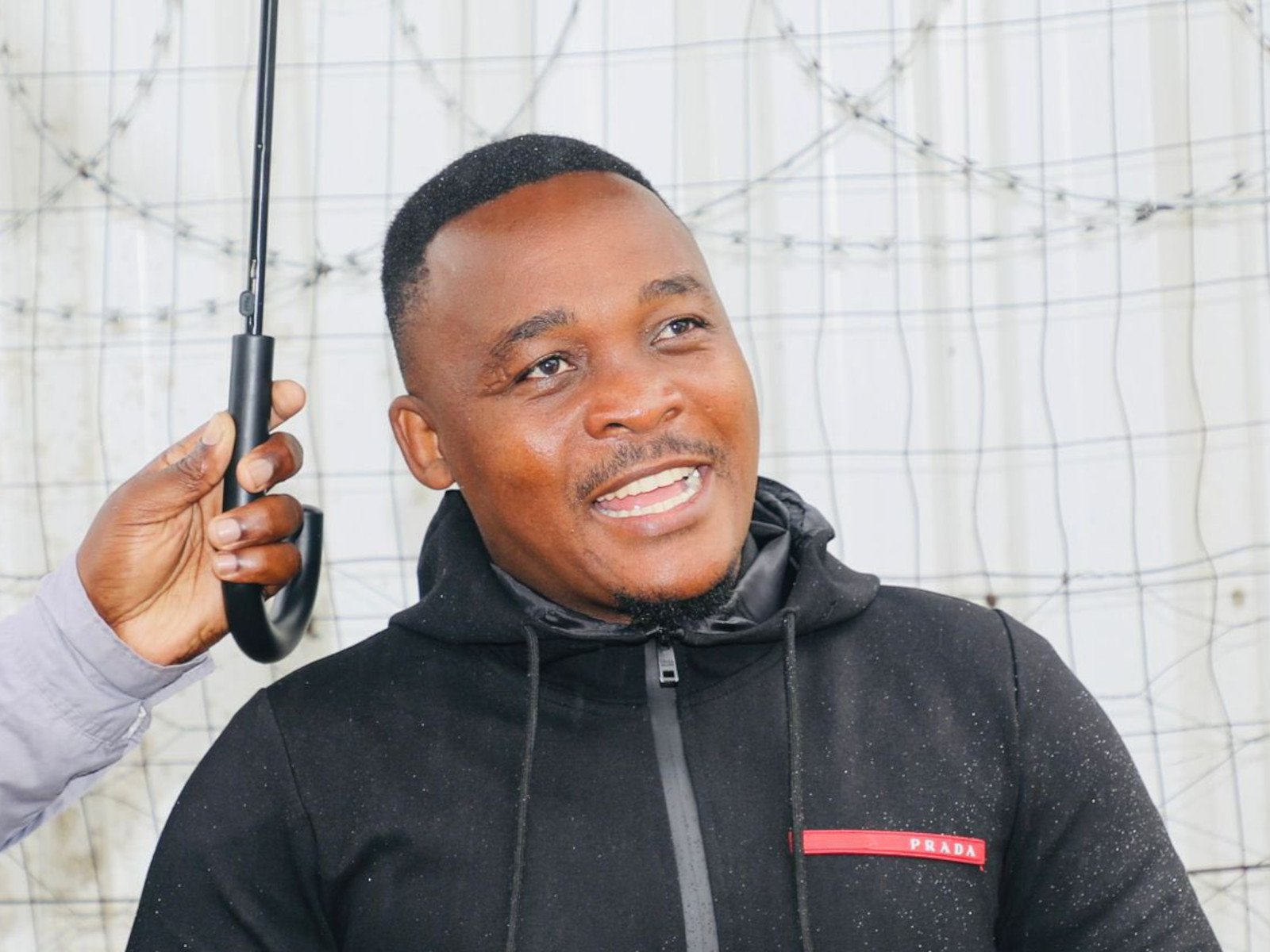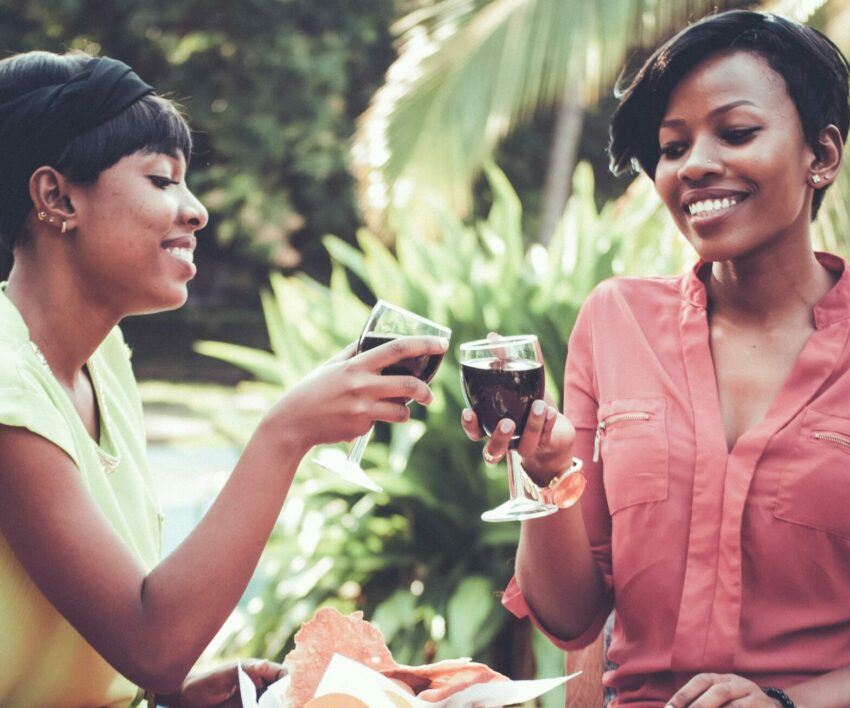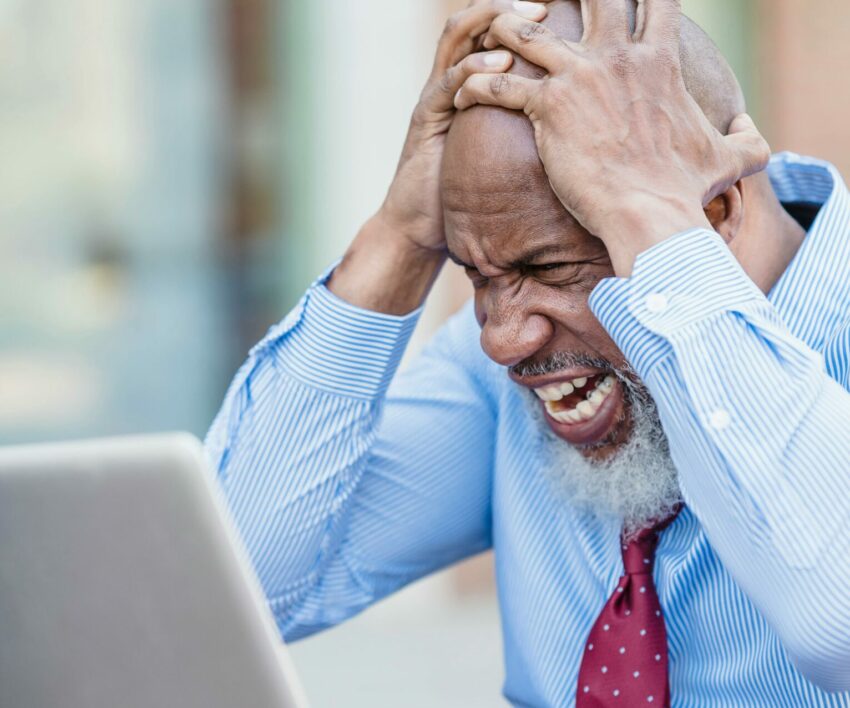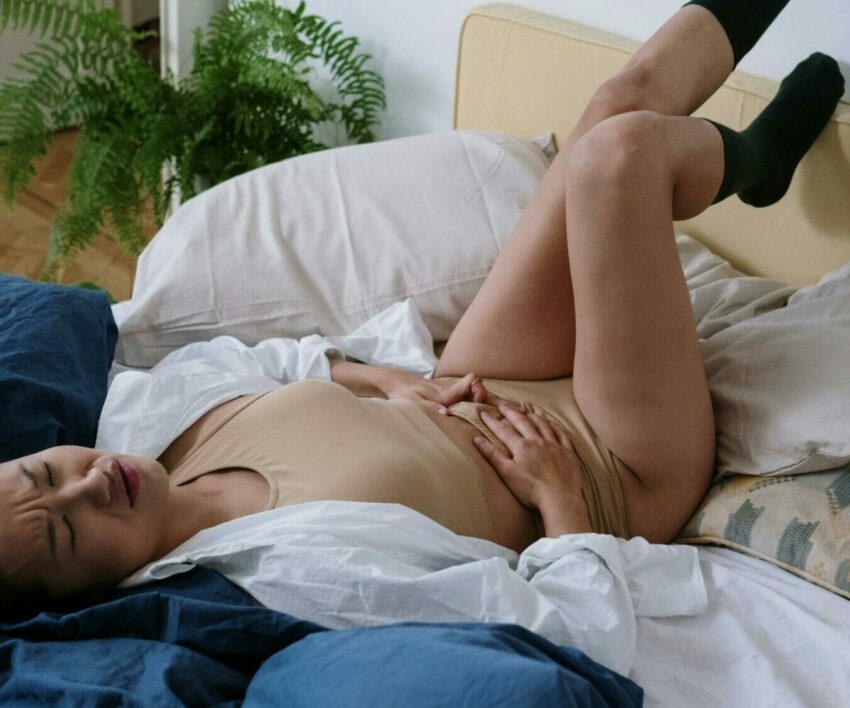By Zukile Majova
The Democratic Alliance’s refusal to join the national dialogue shows it has learnt nothing from history and still cannot hear the voices of ordinary South Africans, writesZukile Majovain Real Politics.
The Democratic Alliance claims to be a future government — but its decision to withdraw from the national dialogue shows it still has no idea where South Africa comes from or where it is going.
For many black South Africans, this moment confirms what they have always suspected: the DA is only interested in defending the past, not building the future.
This is a party that cannot read the room. In the May elections, the ANC dropped to its lowest vote share ever — but the DA still failed to win over the millions of black voters who walked away from the ruling party.
Instead, those votes went to Jacob Zuma’s MK party, Build One South Africa, Rise Mzansi, the Inkatha Freedom Party and the Patriotic Alliance. The DA remained stuck, supported mostly by white and coloured voters, with no meaningful growth in black communities.
Yes, the party runs a tight ship in places like the Western Cape and Umngeni Municipality under Chris Pappas. But the truth is, many still see it as a white party that does not speak to the lived experiences of ordinary people.
By pulling out of the national dialogue, the DA has once again isolated itself from the rest of the country.
This is not just a missed opportunity — it’s a slap in the face of history.
In 1994, it was the power of dialogue that saved South Africa from civil war. The Codesa talks, led by Nelson Mandela and others, gave birth to a new country with hope and direction.
Now, 30 years later, that dream is under threat.
Millions of young people were not alive in 1994 and have never lived through apartheid. But they are angry and disillusioned. They see no jobs, no land, and no future.
They live in overcrowded shacks while white-owned farms, suburbs and beachfronts remain untouched. They spend hours commuting from far-off townships because apartheid town planning has never been reversed.
They see politicians like Julius Malema and Jacob Zuma shouting on TV every week, blaming white people for everything. They see organisations like AfriForum doing the same in reverse — pushing white nationalism under the cover of minority rights.
This is the chaos the national dialogue is meant to address.
On Friday, President Cyril Ramaphosa told visiting Austrian president Alexander Van der Bellen why the talks are so important.
“The National Dialogue is a platform for all South Africans to craft a shared vision of the kind of a society we seek to build,” said Ramaphosa.
It’s a way to talk through the problems instead of fighting them out in the streets.
Former president Thabo Mbeki went further. In a letter to DA leader John Steenhuisen, he said the party should have walked out of the government of national unity, not the national dialogue.
That’s because the dialogue was a chance to show that the DA is not just a safe space for white privilege. It was a moment to explain its vision and connect with the real fears and struggles of black South Africans.
Instead, the DA chose to walk away — and handed the stage to the extremists.
It left the impression that the party would rather have nothing to do with difficult conversations about race, poverty, land and inequality. That it wants South Africa to move on — without ever looking back.
But South Africans cannot just “move on” when the legacy of apartheid is still visible in every part of daily life. Not when young graduates sit at home with no jobs. Not when millions are landless and hopeless.
The DA leadership may be listening to AfriForum and other right-wing voices. But it’s not listening to its own black, coloured and Indian members who understand the need for healing and change.
By refusing to take part, the DA has given more power to Zuma and Malema — who will now dominate the national conversation with their divisive messages.
If the dialogue succeeds, South Africans could come together once again to reject hatred and build something better. But the DA will not be part of that moment.
Instead, it has made itself the outsider.
South Africa needs leaders willing to engage, to listen and to compromise. The DA had the chance to be one of them — and blew it.
Still, the national dialogue has begun. The first workshop took place this week. The door remains open.
Whether the DA decides to come back in is up to them. But the clock is ticking — and history does not wait for anyone.
Pictured above: DA bosses John Steenhuisen and Helen Zille.
Image Source: X
